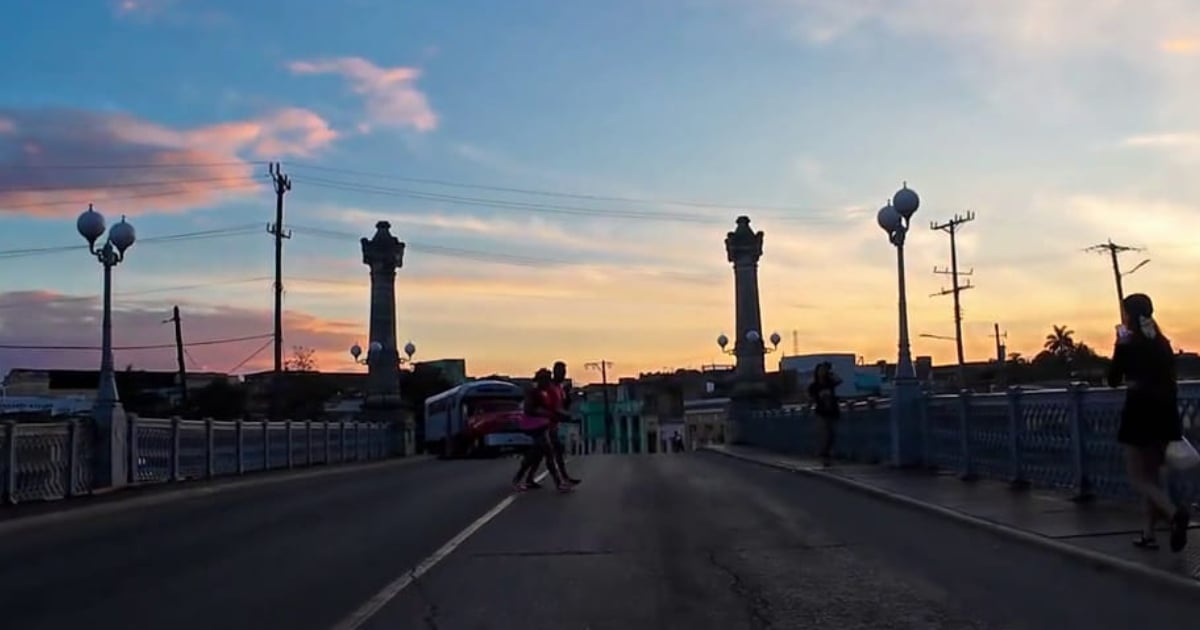As Tropical Storm Rafael approaches western Cuba, threatening to escalate into a hurricane, residents are grappling with extensive power outages that hinder their emergency preparedness. Many Cubans are voicing their frustration over the persistent lack of electricity, accusing authorities of negligence and recalling the devastation caused by Hurricane Oscar when power failures left eastern Cuba isolated, claiming lives in San Antonio del Sur and displacing thousands in Guantánamo.
“We’ve been without power for over 14 hours, a time when we should be gathering information, storing water, and charging phones to stay connected. Haven’t they learned from what happened in Guantánamo?” questioned Alina Bárbara López Hernández, a Matanzas-based academic and activist. She took to social media to highlight that "almost the entire city of Matanzas has been without electricity since yesterday at 6 PM" during the cyclone alert phase.
In the Facebook group ‘Empresa Eléctrica Matanzas,’ numerous users are expressing their anger over this state of vulnerability during a hurricane alert. The lack of electricity disrupts water supply and communication, essential during such crises.
“Over 20 hours without power. Folks, without electricity, we have no water in our buildings. The tanks are empty, and a hurricane is coming: the tanks could be blown away by the wind,” warned Ernesto Morales, a user voicing his concerns.
Lessons Unlearned: A Repeat of Past Failures?
Another user, Estrella, lamented, “Someone needs to address this: 16 hours without electricity. The government’s helplines aren’t responding. 18888 says it’s in ‘blackout mode.’ Please, we’re expecting a cyclone. Be responsible and restore the power.”
Idania Ramírez Rodríguez criticized the ongoing power issues, pointing out that, with a hurricane looming, authorities now have an excuse for prolonged outages. “Prepare for even more hours without power,” she warned.
Meanwhile, Rafael continues its northwest trajectory toward Cuba, moving at 20 km/h with sustained winds of 95 km/h. The National Hurricane Center (NHC) has forecasted that Rafael could strengthen into a hurricane and impact Cuba’s coastlines by Wednesday. A Hurricane Warning is in effect for the provinces of Pinar del Río, Artemisa, La Habana, Mayabeque, Matanzas, and Isla de la Juventud.
Power Outages Compound Disaster Preparedness
For provinces like Villa Clara, Cienfuegos, Sancti Spíritus, and Ciego de Ávila, a Tropical Storm Warning is issued, whereas Camagüey and Las Tunas are under a Tropical Storm Watch. A hurricane warning indicates expected adverse conditions within approximately 36 hours, urging residents to take immediate precautions to safeguard lives and property.
The Cuban population is advised to stay informed about Rafael's progress, as it is anticipated to gain strength in the coming hours. Local authorities and the Cuban Meteorology Institute recommend closely monitoring the situation due to the potential threat posed by the adverse weather conditions.
However, much like during Hurricane Oscar, these power outages are hampering the community’s ability to adequately prepare for the impending storm. Testimonies from those impacted by Oscar in the hardest-hit areas, such as San Antonio del Sur, Imías, and San Ignacio, reveal the detrimental impact of leaving the population without power and incommunicado.
During Oscar, affected communities endured days without electricity and any news updates, leading to widespread uncertainty. The lack of swift action to restore communication left many in precarious conditions. The collapse of the national electric system on the 18th hindered emergency coordination and assistance efforts.
The absence of electricity and radiocommunicators was a significant issue affecting the activation of "defense councils." These devices could have enabled communication independent of electricity or internet, aiding coordination between various locations like the dam, the mountains, and the town. Due to "poor management," necessary equipment was unavailable, preventing authorities from warning the public about the severity of the situation, saving lives, and orchestrating an effective response.
As a result of this communication breakdown, many residents were unaware of the unfolding events, leading to a disorganized and chaotic response, with some attempting to flee to higher ground without understanding the real risk. Tragically, some individuals drowned inside their homes.
